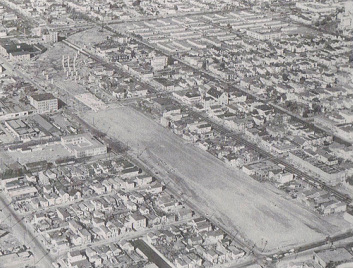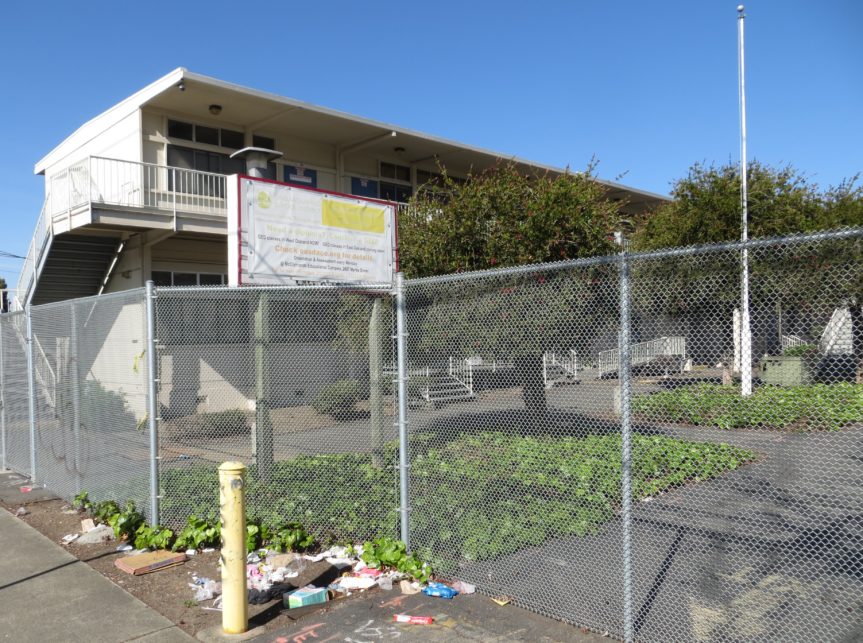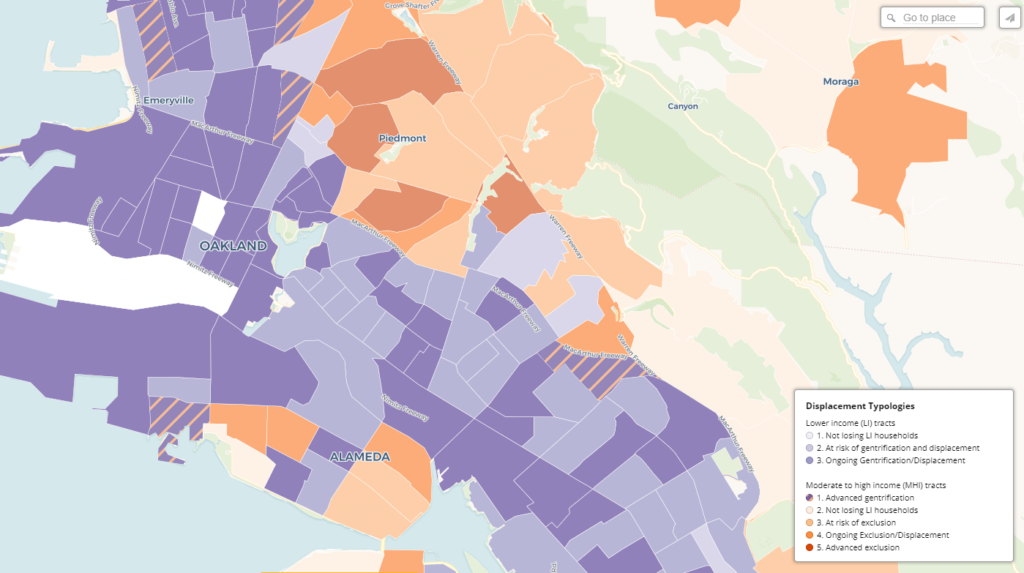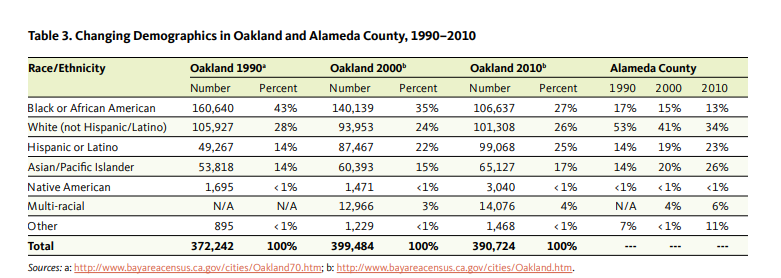
The latest study on gentrification and displacement from Berkeley, confirmed what many of us feel daily. Oakland has changed and with housing prices skyrocketing, it is increasingly a place where Black folks are either being pushed or locked out of. This research further confirms the need for us to act, and not accept this fate as inevitable. One opportunity is re-purposing OUSD’s vacant and underutilized buildings and also developing the 50 some acres of wholly undeveloped land it owns.
Painful Numbers and Disturbing Trends
Please take a look at the study, here is one of the damning conclusions,
Neighborhoods with low pollution, high-quality schools and other resources have become increasingly inaccessible for African Americans, according to the report. The study was a project by UC Berkeley’s Urban Displacement Project and the California Housing Partnership, a nonprofit that advocates expanding affordable housing.
“The housing market today is operating in the context of an architecture of segregation and vulnerability that was baked into cities and regions over a period of many decades,” said Dan Rinzler, a senior policy analyst with the group. “It’s more or less moving the pieces around to the detriment of people of color and low-income communities.”
I have covered segregation and the geography of opportunity in Oakland and the different life chances of children based on an accident of birth set up by a system that discriminated.
Here is the map of the Bay Area, basically, all of Oakland is losing low income households and all the surrounding communities are income exclusionary.
Oakland is also the hardest place for Black families to buy a home in the entire country
Zillow’s analysis shows that African Americans could afford just five percent of the region’s home listings in 2017 – the lowest percentage in the entire country, the data showed, compared to 42 percent for all homebuyers in San Francisco and Oakland.
Here are the census numbers showing recent trends
Black residents of Oakland dropped from 43% to 35% to 27% of the population and given the costs, we can expect a similar decline in 2020.
Black incomes are declining as well according to Policy Link,
The median income for African American, Latino, and Asian households in Oakland has declined since 2000. Citywide, White households had nearly double the median household income of any other racial or ethnic group,19 and Oakland was recently ranked as having the seventh-highest income inequality among cities in the nation.20 This income stratification will likely continue given labor market trends without significant interventions.
This matters because Black folks have faced particular challenges and disadvantages, and we need targeted interventions and community control to move forward. If we lose political and economic power and influence, at best we can expect more of the same—which is not working, at worst—it will get worse.
Organizing as the Solution
These trends will continue until disrupted. And if we want to interrupt this decline, we need to organize, work together with allies, and change policies, practices, and outcomes. This was the message that Paul Cobb delivered to our first State of Black Education in Oakland, as well as rethinking solutions. It is one we need to heed.
Please join us as we dig into these issues this year, and if you have a story of displacement or the fight against it, please share them.



